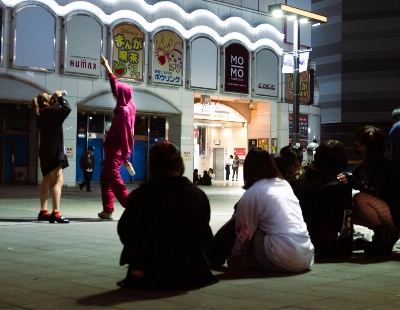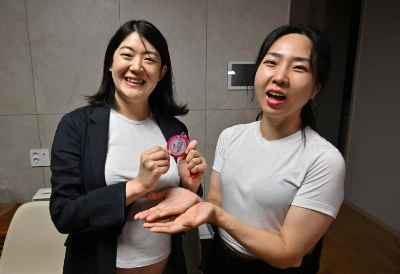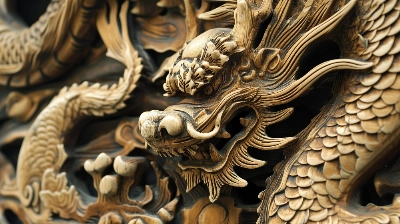In this new book, the doyen of Western scholars of Japanese literature introduces the writing of five novelists with whom he has worked and reminisces about his relationships with them. In so doing, he necessarily repeats some of the material from his magisterial "Dawn to the West," the concluding volume of his definitive study of Japanese literature.
This was unavoidable, but as Donald Keene says, "I hope that this book will be read by persons who might be daunted by the bulk of my history." And, in any event, the viewpoint of this later book is far different. As the author continues: "Perhaps because of the different context, the repetitions will seem not only forgivable but welcome."
And so they are. The section on Yukio Mishima, for example, augments not only the material that appeared in the history but also that in Keene's "Landscapes and Portraits" and "The Blue-Eyed Tarokaja." The chapter on Yasunari Kawabata enhances the newspaper essay Keene wrote to mark the author's death. That on Junichiro Tanizaki enlarges the chapter found in "Landscapes."


















With your current subscription plan you can comment on stories. However, before writing your first comment, please create a display name in the Profile section of your subscriber account page.